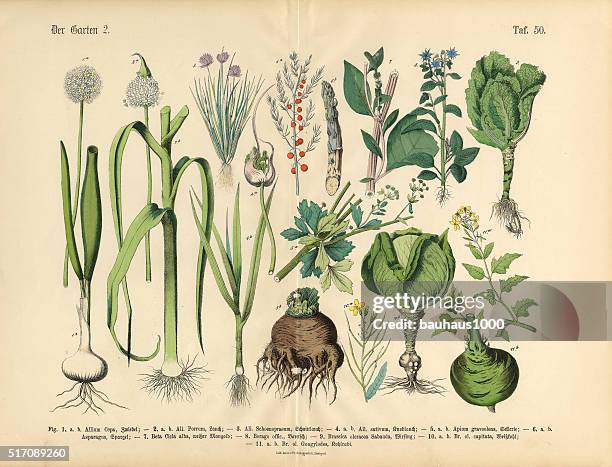

Botany
Botany is the branch of biology that deals with the study of plants, including their structure, properties, and biochemical processes. Also included are plant classification and the study of plant diseases and of interactions with the environment. The principles and findings of botany have provided the base for such applied sciences as agriculture, horticulture, and forestry. Plants were of paramounts importance to early humans, who depended upon them as sources of food, shelter, clothing, medicine, ornament, tools, and magic. Today it is known that, in addition to their practical and economic values, green plants are indispensable to all life on Earth: through the process of photosynthesis, plants transform energy from the Sun into the chemical energy of food, which makes all life possible. A second unique and important capacity of green plants is the formation and release of oxygen as a by-product of photosynthesis. The oxygen of the atmosphere, so absolutely essential to many forms of life, represents the accumulation of over 3,500,000,000 years of photosynthesis by green plants and algae.
Although the many steps in the process of photosynthesis have become fully understood only in recent years, even in prehistoric times humans somehow recognized intuitively that some important relation existed between the Sun and plants. Such recognition is suggested by the fact that worship of the Sun was often combined with the worship of plants by early tribes and civilizations.